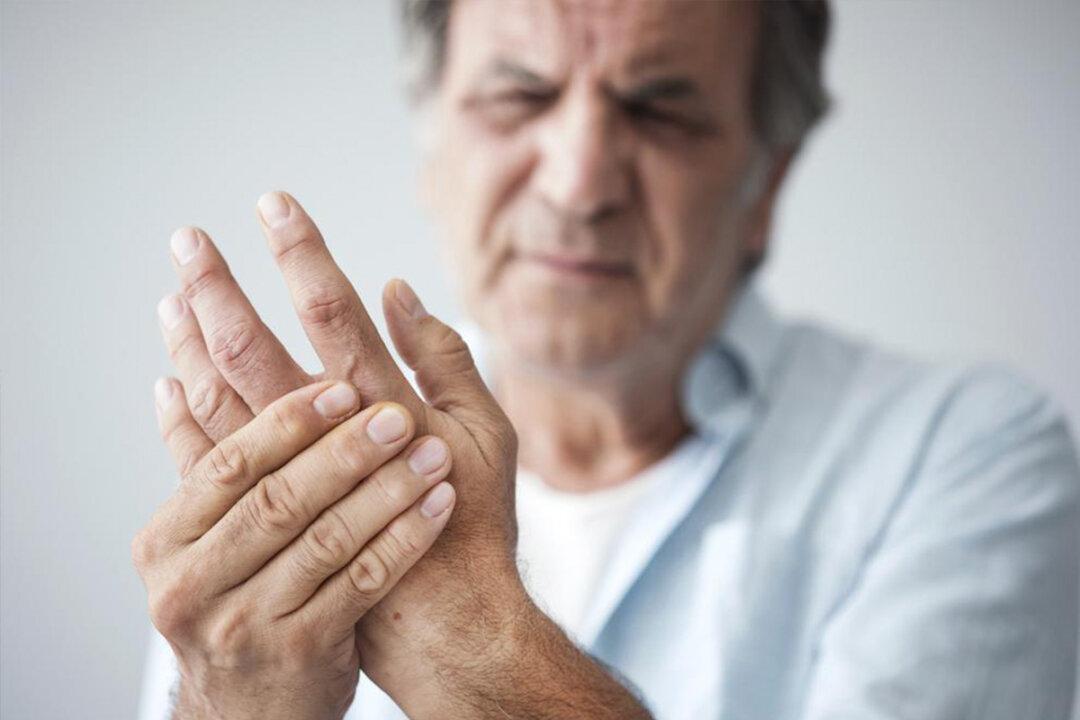Possible Causes of Uric Acid Accumulation
Uric acid comes primarily from the decomposition of purine, which comes from food or is synthesized by the body. Uric acid buildup is likely caused by the following:- Genetics: Some people inherit genetic factors that make them more likely to produce too much uric acid or excrete it less efficiently, thus increasing their risk of gout.
- Diet: Excessive intake of purine-heavy foods, such as meat, seafood, alcohol, and beverages with added fructose, may lead to an increase in the production of uric acid and its accumulation in the body.
- Obesity: Obesity is also associated with an increased risk of gout because it affects uric acid excretion.
- Chronic diseases: Certain diseases such as high blood pressure, diabetes, and kidney disease may affect the excretion of uric acid and thus increase the risk of its accumulation.
How to Prevent Gout
Gout attacks are excruciating and seriously affect the quality of life. You can try improving and managing your lifestyle and diet to prevent them. The following are some tips for doing that:- Diet adjustment: Eat less high-purine food and eat more low-purine food, such as vegetables, fruits, whole grains, and low-fat dairy products. Avoid alcohol, especially beer and strong spirits, as alcohol can accelerate the production and accumulation of uric acid.
- Weight control: Maintaining a healthy body weight and avoiding obesity can help reduce your risk of gout attacks. A study published in Arthritis Research & Therapy in 2021 found that weight gain is a significant risk factor for developing gout, especially weight gain in adulthood. The researchers emphasized that these findings highlight that maintaining a healthy body weight and weight loss across adulthood is essential for preventing and treating gout.
- Hydration: Adequate water intake can help enhance the excretion of uric acid and prevent its accumulation in the body. A study found a significant correlation between lower water intake and high levels of uric acid (hyperuricemia). After adjusting for age, gender, high blood pressure, and other factors, it was shown that people who drank more water had a 58 percent lower chance of developing hyperuricemia.
- Moderate exercise: Moderate exercise can help control weight and improve metabolism, helping to prevent gout.
- Appropriate medication: Doctors may recommend that patients take specific medications, such as uric acid-lowering drugs, to help lower uric acid levels and prevent gout attacks. Some of these drugs can have significant side effects.
- Avoiding stress and injury: Avoid excessive joint stress or injury to prevent gout attacks.
How Does TCM Treat Gout?
Gout treatment in traditional Chinese medicine (TCM) always starts with the patient’s overall constitution and the cause of gout. It usually includes Chinese herbal medicine, dietary adjustment, acupuncture, massage, and other means.TCM believes that everything in nature is governed by two mutually exclusive but interdependent characteristics: the “yin” and the “yang.” For example, there is the earth and sky, cold and heat. These energies of yin and yang are opposite in nature, but they cannot exist without the other, and are complementary in their expression, as in male and female. When yin and yang in one’s body are balanced, the person will be healthy and full of energy, and things will be properly coordinated and stable. Otherwise, various issues will crop up in his body.
In that respect, TCM practitioners will prepare Chinese herbal decoctions according to the patient’s physical characteristics and symptoms to regulate the body’s yin and yang balance, clear the excessive heat and detoxify the body, activate blood circulation, remove blood stasis and acid, and increase urine output.
Also, in TCM, many diseases can be traced to the various forces in the environment, including wind, cold, heat, dryness, dampness, and fire.
In acute gout attacks, it is best to have heat-clearing herbal prescriptions such as a combination of Bupleurum and Rehmannia. Severe damp-heat symptoms can be treated with general gout pills such as cinnamon and Angelica Formula.
Some TCM practitioners recommend that patients try mind and body adjustment methods such as tai chi, qigong, and Falun Gong. These methods can help to balance the body and the mind and promote health.
It should be noted that TCM treatment requires a bespoke treatment plan based on individual constitution and symptoms. If needed, a combination of TCM and Western medicine can be considered to treat gout.
Some of the herbs mentioned above may sound unfamiliar, but many can be found in health food stores and Asian grocers. However, since everyone’s body constitution differs, consult a professional physician for specific treatment plans.







